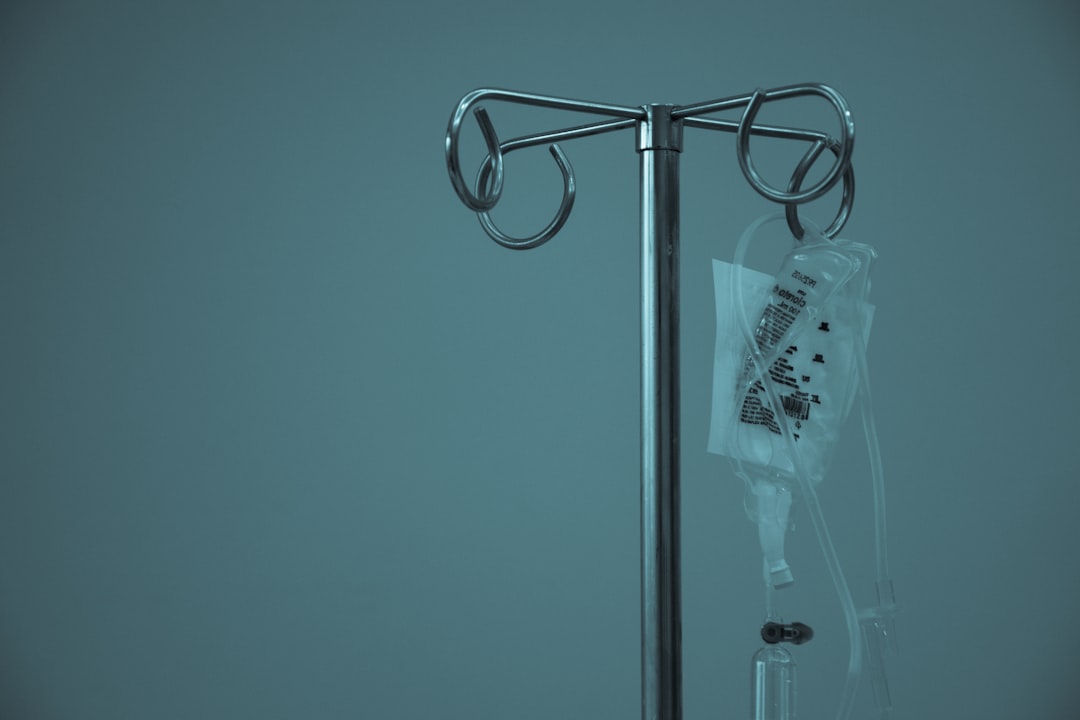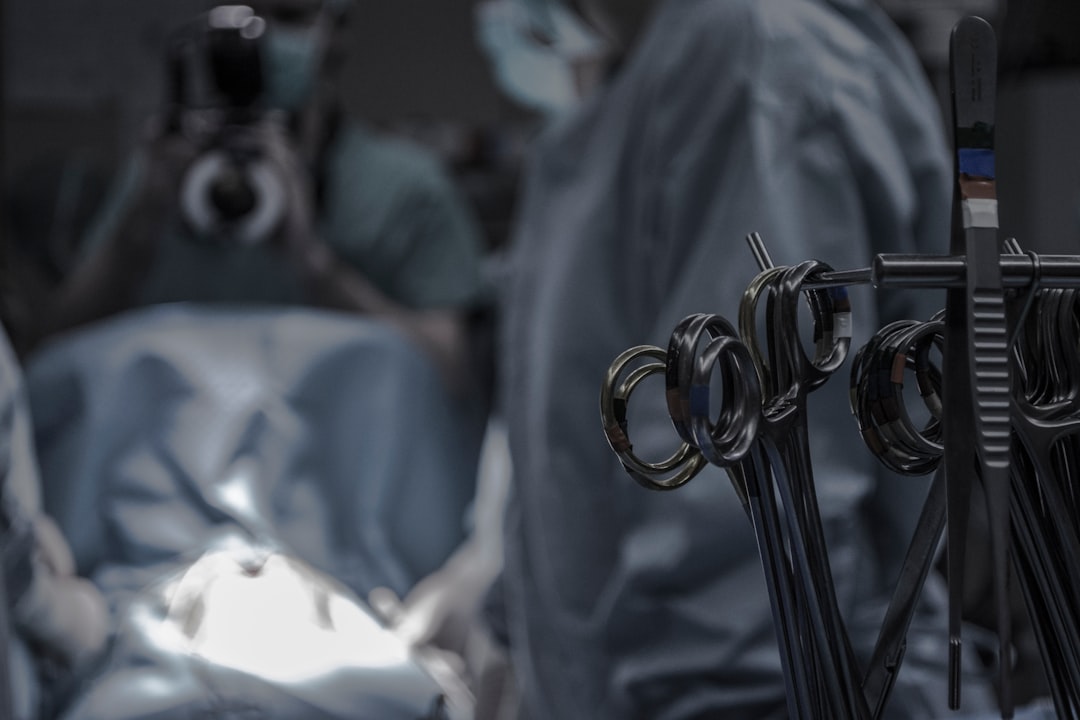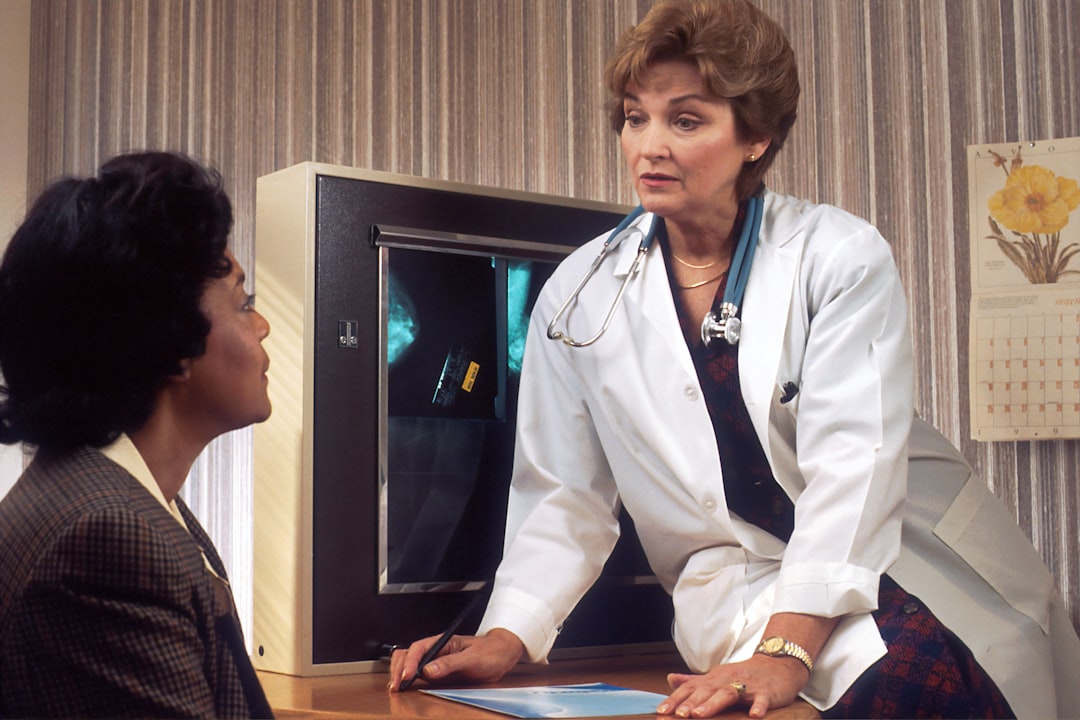

Gathering evidence for trial preparation is a crucial step in ensuring that justice is served. It involves collecting all the necessary information and documents to support your case and present a strong argument in court.
The process of gathering evidence can be time-consuming and challenging, as it requires thorough research and attention to detail. This may involve interviewing witnesses, reviewing documents, analyzing data, and conducting investigations to uncover crucial facts.
It is essential to gather all relevant evidence early on in the trial preparation process to build a solid case. This includes obtaining witness statements, expert opinions, physical evidence, and any other documentation that supports your claims.
By thoroughly preparing for trial and gathering compelling evidence, you can increase your chances of success in court. The more evidence you have to support your case, the stronger your argument will be when presenting it before a judge or jury.
In conclusion, gathering evidence for trial preparation is a vital aspect of the legal process that requires dedication, diligence, and attention to detail. By investing time and effort into collecting all the necessary information, you can build a strong case and improve your chances of achieving a favorable outcome in court.
When it comes to trial preparation, one of the key steps is interviewing witnesses. This crucial part of the process involves gathering information from individuals who have firsthand knowledge of the events in question.
Interviewing witnesses is not just about asking questions and recording their answers. It requires a skilled and sensitive approach to ensure that the witness feels comfortable and is able to provide accurate and reliable information.
During these interviews, it is important to ask open-ended questions that allow the witness to provide detailed accounts of what they saw or heard. It is also essential to listen carefully to their responses, taking note of any inconsistencies or gaps in their recollection.
In addition to gathering information, interviewing witnesses serves another important purpose - building rapport. Establishing a positive relationship with a witness can make them more likely to cooperate throughout the trial process and present a favorable impression in court.
Overall, interviewing witnesses is a critical step in trial preparation that requires attention to detail, strong communication skills, and empathy towards those involved. By conducting thorough and effective interviews with witnesses, attorneys can gather valuable evidence and strengthen their case for trial.

A medical malpractice lawyer is a legal professional who specializes in representing individuals who have been harmed by the negligence or misconduct of healthcare providers.. These attorneys have a deep understanding of medical practices and procedures, as well as the laws and regulations governing healthcare delivery. You may need a medical malpractice lawyer if you believe you have been a victim of medical negligence.
Posted by on 2024-10-21

Filing a medical malpractice lawsuit can be a daunting and overwhelming process.. It is important to understand the steps involved in order to protect your rights and seek justice for any harm you have suffered due to medical negligence. The first step in filing a medical malpractice lawsuit is to consult with a qualified attorney who specializes in medical malpractice cases.
Posted by on 2024-10-21

When it comes to finding the right medical malpractice lawyer for your case, it's important to do your research and make an informed decision.. Medical malpractice cases can be complex and challenging, so having a knowledgeable and experienced lawyer on your side is crucial.
Posted by on 2024-10-21

Choosing the best medical malpractice lawyer for your case can be a daunting task.. With so many options out there, it's important to do your research and make an informed decision.
Posted by on 2024-10-21
When it comes to trial preparation, one of the key tasks that legal professionals must undertake is reviewing relevant laws and case precedents. This involves carefully examining statutes, regulations, and previous court decisions that pertain to the specific legal issues at hand.
By analyzing these sources of authority, attorneys can gain a better understanding of how the law applies to their client's situation and develop strategies for arguing their case in court. This process also helps lawyers identify potential weaknesses in their arguments and anticipate counterarguments from the opposing side.
Furthermore, reviewing laws and case precedents is crucial for ensuring that legal arguments are grounded in solid legal principles and have a strong basis in established law. By citing relevant statutes and prior court decisions, attorneys can bolster their arguments and increase their chances of success in the courtroom.
Overall, thorough research into relevant laws and case precedents is an essential component of effective trial preparation. It allows legal professionals to craft well-informed arguments, anticipate potential challenges, and ultimately present a compelling case on behalf of their clients.

Developing a trial strategy is a crucial step in trial preparation. It involves planning and outlining how the case will be presented in court, including identifying key arguments, evidence, and witnesses that will support your client's position.
One of the first steps in developing a trial strategy is to thoroughly review the facts of the case and identify any potential weaknesses or strengths. This will help you determine what arguments are most likely to be successful and what evidence will be most persuasive to the judge or jury.
Next, you will need to consider the legal issues involved in the case and research relevant case law to support your position. This may involve conducting legal research, analyzing precedent cases, and consulting with experts in the field.
Once you have a clear understanding of the facts and legal issues at hand, you can begin to outline your overall trial strategy. This may include determining which witnesses to call, what evidence to present, and how to structure your arguments for maximum impact.
Throughout this process, it is important to remain flexible and adapt your strategy as new information comes to light or as circumstances change. By carefully planning and preparing for trial, you can increase your chances of success and effectively represent your client's interests in court.
Preparing exhibits and visual aids for trial preparation is a crucial aspect of building a strong case in the legal field. These tools play a vital role in helping lawyers present their arguments effectively and persuasively to judges and juries.
Exhibits can include documents, photographs, diagrams, charts, and other visual aids that support the lawyer's arguments and help clarify complex information for the court. By organizing and presenting this evidence in a clear and compelling manner, lawyers can enhance their credibility and increase the chances of winning their case.
In addition to creating exhibits, lawyers must also ensure that they are properly labeled, organized, and presented in accordance with courtroom rules and procedures. This requires attention to detail and thorough preparation to ensure that the exhibits are admissible as evidence and effectively convey the lawyer's key points.
Overall, preparing exhibits and visual aids for trial preparation requires creativity, strategic thinking, and a deep understanding of the legal issues at hand. By investing time and effort into this process, lawyers can strengthen their arguments, engage their audience, and ultimately achieve success in the courtroom.
Trial preparation is a crucial aspect of any legal case, requiring meticulous attention to detail and organization. One key component of trial preparation is organizing trial documents and exhibits in a coherent and easily accessible manner.
When it comes to organizing trial documents and exhibits, the goal is to ensure that all relevant materials are readily available for review and presentation during the trial. This involves sorting through various documents, such as witness statements, expert reports, and evidence exhibits, and arranging them in a logical order that aligns with the case strategy.
By organizing trial documents and exhibits effectively, attorneys can streamline the trial process and enhance their ability to present a compelling argument in court. It also helps to prevent missing or misplaced materials that could potentially harm the case's outcome.
To achieve successful organization of trial documents and exhibits, it is essential to create a detailed system for cataloging and indexing each item. This may involve creating folders or binders for different categories of documents, labeling each item clearly, and maintaining a master list or index for quick reference.
Additionally, utilizing technology tools such as document management software can further enhance the efficiency of organizing trial documents and exhibits. These tools can help attorneys track changes, collaborate with team members, and access files remotely for added convenience.
In conclusion, organizing trial documents and exhibits is a critical step in preparing for a successful legal case. By implementing an effective organizational system and leveraging technology tools when necessary, attorneys can ensure that they are fully prepared to present their case in court confidently.
Trial preparation is a crucial aspect of any legal case, and one key component of this process is rehearsing witness testimony. This involves preparing witnesses to effectively present their account of events in court.
Rehearsing witness testimony helps ensure that the witness is well-prepared and able to communicate their story clearly and confidently. By going over their testimony multiple times, witnesses can become more comfortable with the process and better able to handle any unexpected questions or challenges that may arise during cross-examination.
In addition to helping witnesses feel more at ease on the stand, rehearsing testimony can also help them remember important details and stay focused under pressure. This can be especially crucial in high-stakes cases where the outcome may hinge on the credibility of a particular witness.
Overall, taking the time to carefully prepare and rehearse witness testimony is an essential part of trial preparation. It allows witnesses to present their evidence effectively and ensures that their account is given the best possible chance of being heard and believed in court.